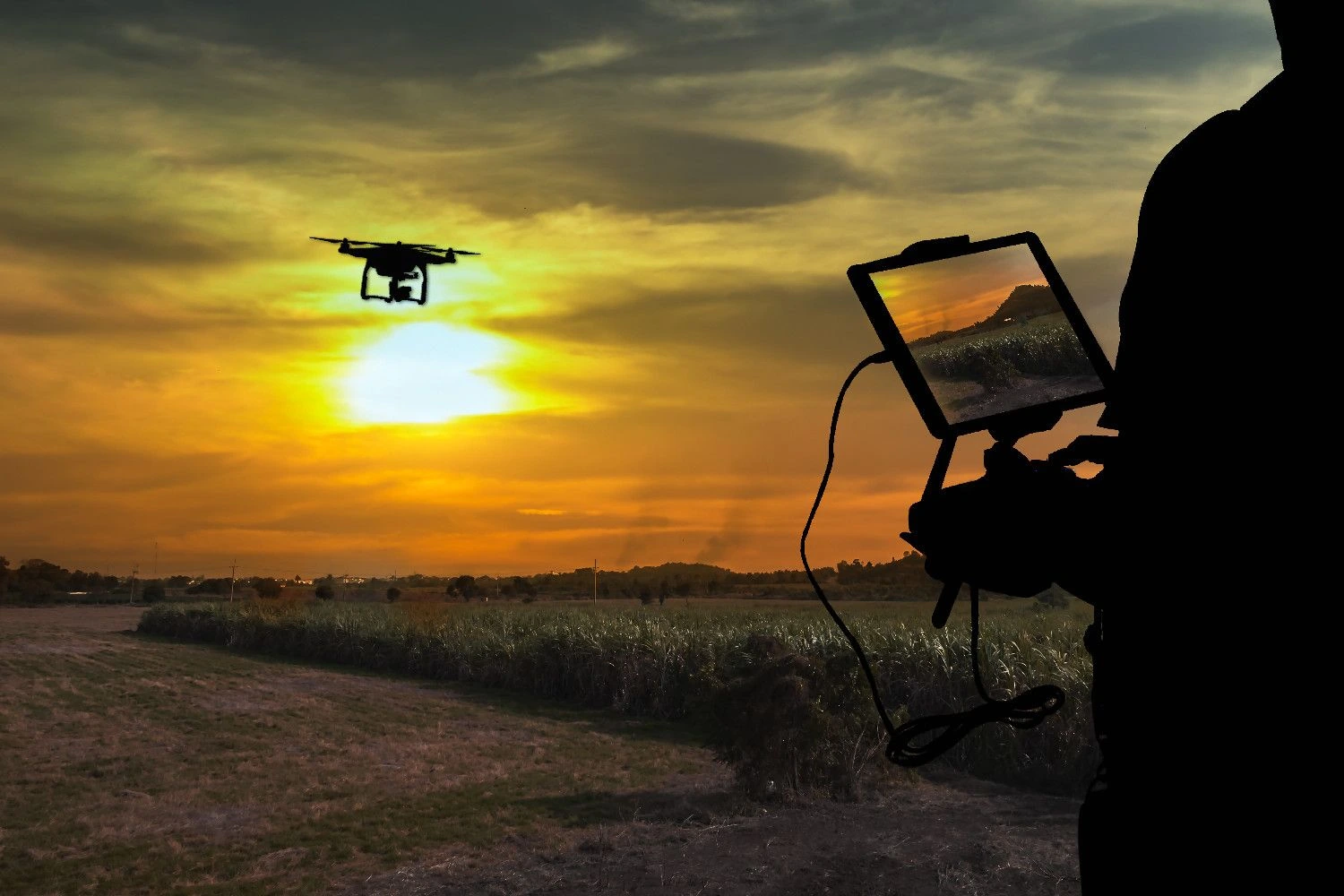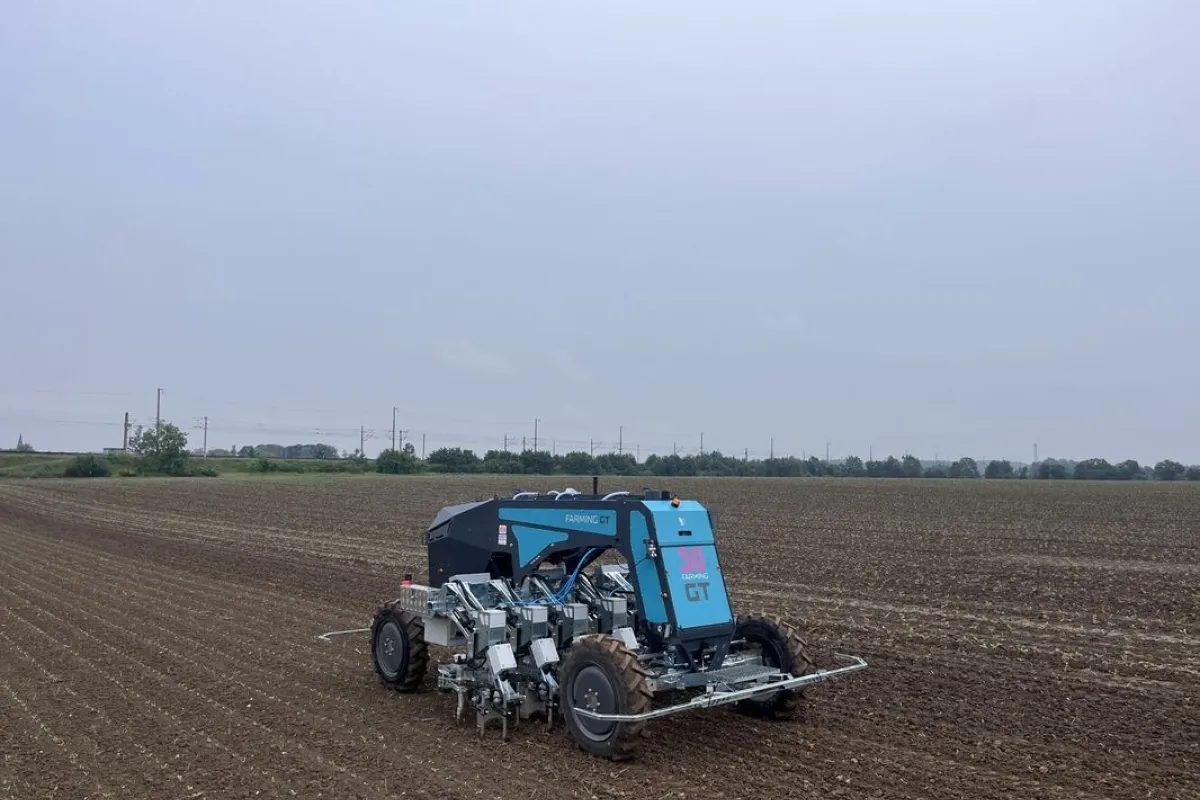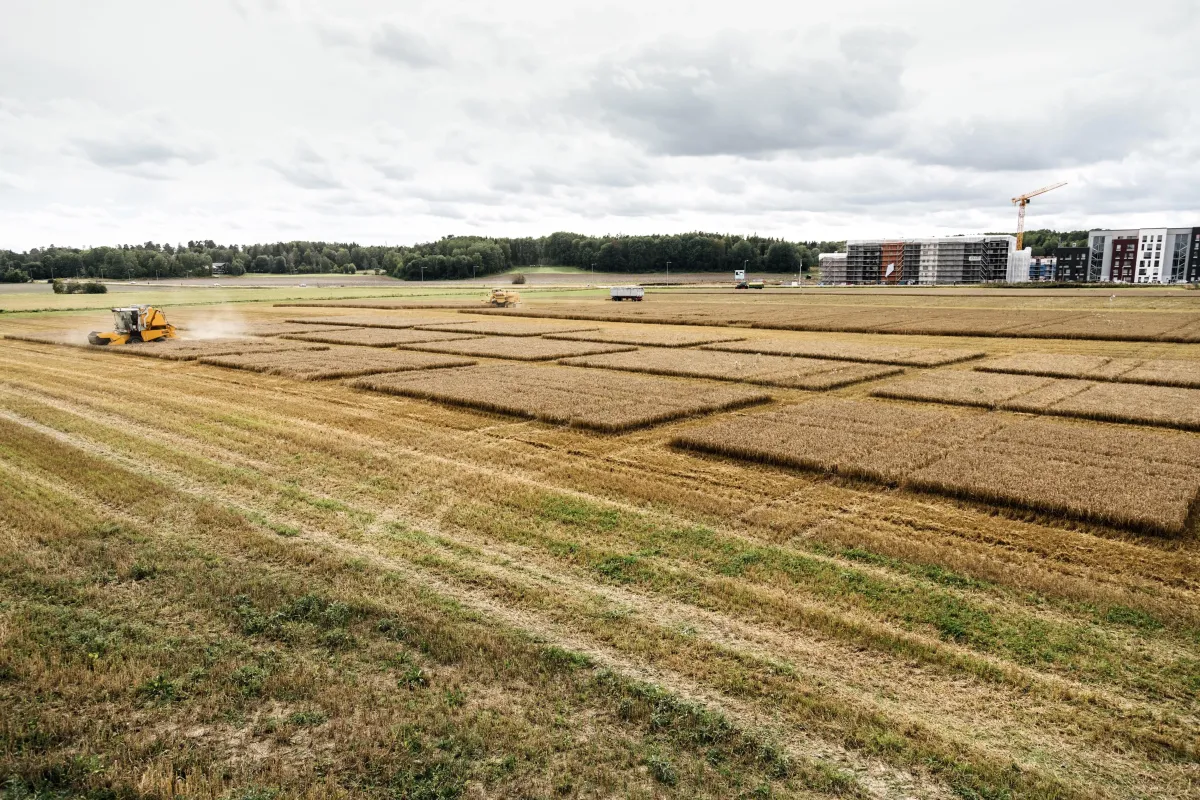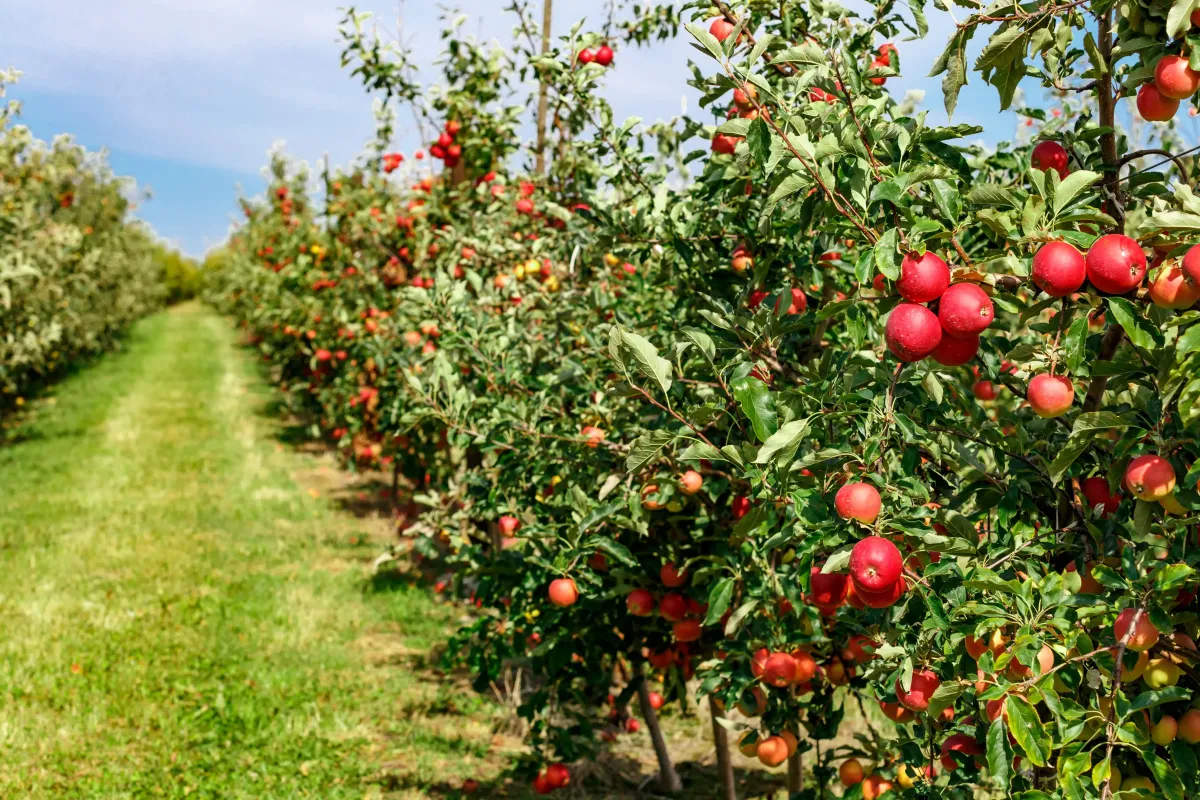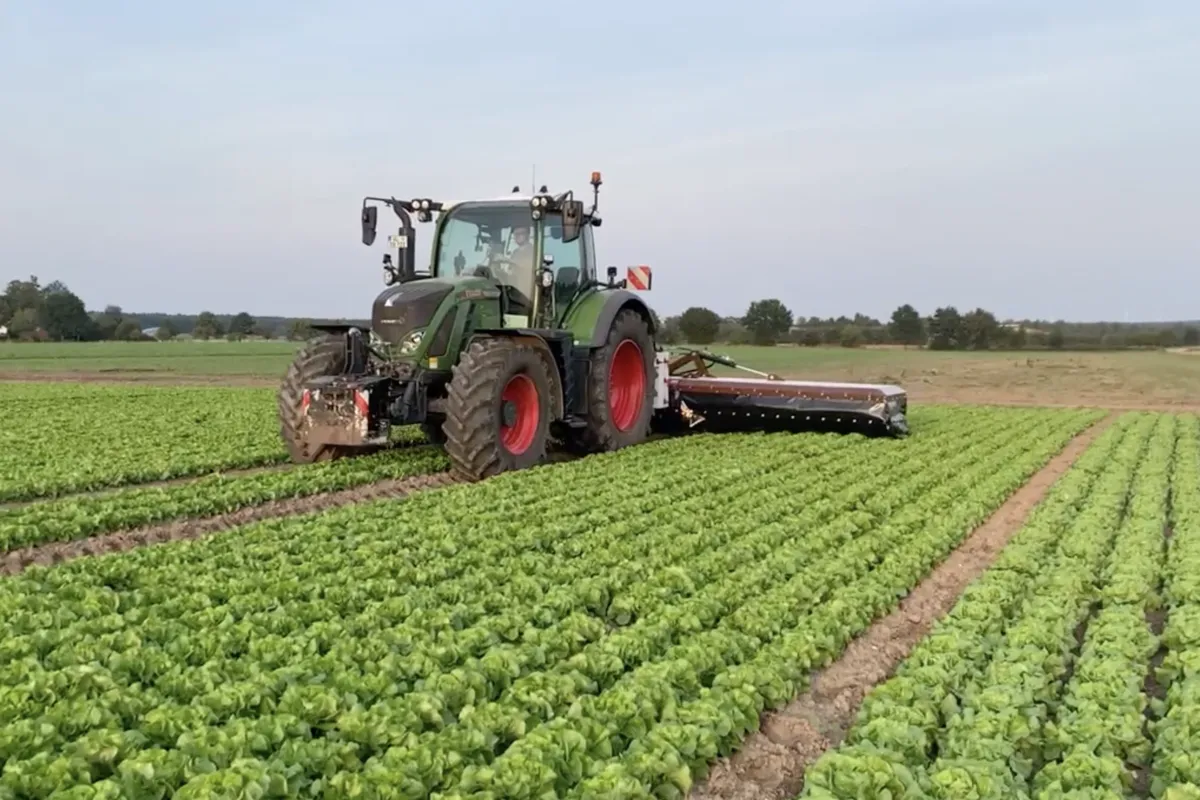
Overview
The service provides essential real-world testing for UAV (Unmanned Aerial Vehicle) innovations in agriculture, helping customers understand how UAV solutions perform in actual farming conditions, specifically in diverse Nordic climates. By assessing UAV's effectiveness, the service provides valuable insight that can be used to refine and adapt the innovation, ensuring the product is market-ready and meets the specific needs of the agricultural sector. The service’s practical approach delivers detailed feedback and data-driven recommendations, helping the customer enhance product performance.
More about the service
Through the service, the customer gains the knowledge and confidence to bring an innovation to market, knowing it has been thoroughly validated and optimised for success.The service can provide valuable insight into performance validation by ensuring that UAV crop production systems work effectively in diverse Nordic climates. It can also provide insightful feedback through detailed, data-driven results to be used in refining and adapting the innovation for optimal performance.
A roadmap for the service is established, and the service can commence.The innovation is tested in real work or work-like conditions in the Nordics, and the work results are evaluated from a potential customer’s point of view. The service is adapted to the actual innovation to be tested.
The following work and facilities are provided by the agrifoodTEF project:Test area and equipment for conducting tests.Storage of the robot platform, including charging capabilities. Personnel, including relevant experts from RISE.Tests can be performed with various types of plants.The service is conducted by RISE at Testbed Digitalised Agriculture in Uppsala.
Outputs:
Deliverables: Upon completion, the customer receives comprehensive documentation, including detailed reports on error handling and failure monitoring, along with any identified recommendations for improvements.
Presentation: Results and a final report are introduced in a final review meeting where any outstanding issues are discussed further.
Conditions for the service:To ensure that service can be performed, all equipment to be tested, access to online services and related instructional material must be available for RISE at the testbed in Uppsala at the start date of the service.The period for delivery of the service is typically during the growing season.
However, depending on the specific type of test, this period may be adapted to accommodate customer needs.The customer will be responsible for following rules and instructions provided by RISE.
Before the work and tests can begin, a PM detailing test setup and work environment considerations must be agreed upon by the customer and RISE.
Any required non-disclosure agreements between the customer and RISE must be in place before the provision of the service.
Examples of Customisation:Tailored Testing Environments: alternative specific Nordic climates or conditions to test the UAV innovation, ensuring it performs optimally in target markets.
CustomisedPerformance Metrics: definition of key performance indicators (KPIs) most suited to the innovation (e.g.,, flight stability, data accuracy or battery life metrics).
Detailed Reporting: variable level of detail in the feedback and reporting, from high-level summaries to in-depth technical analyses.
Limitations and Specifications:
Data Requirements: customers must provide comprehensive technical details and current compliance status of the innovation.
Additional Considerations:Timeline: the duration of the service depends on the complexity of the project.By understanding customisation options and limitations, the customer can better prepare for a seamless and effective collaboration with the service, ensuring the UAV innovation is thoroughly validated and optimised.
